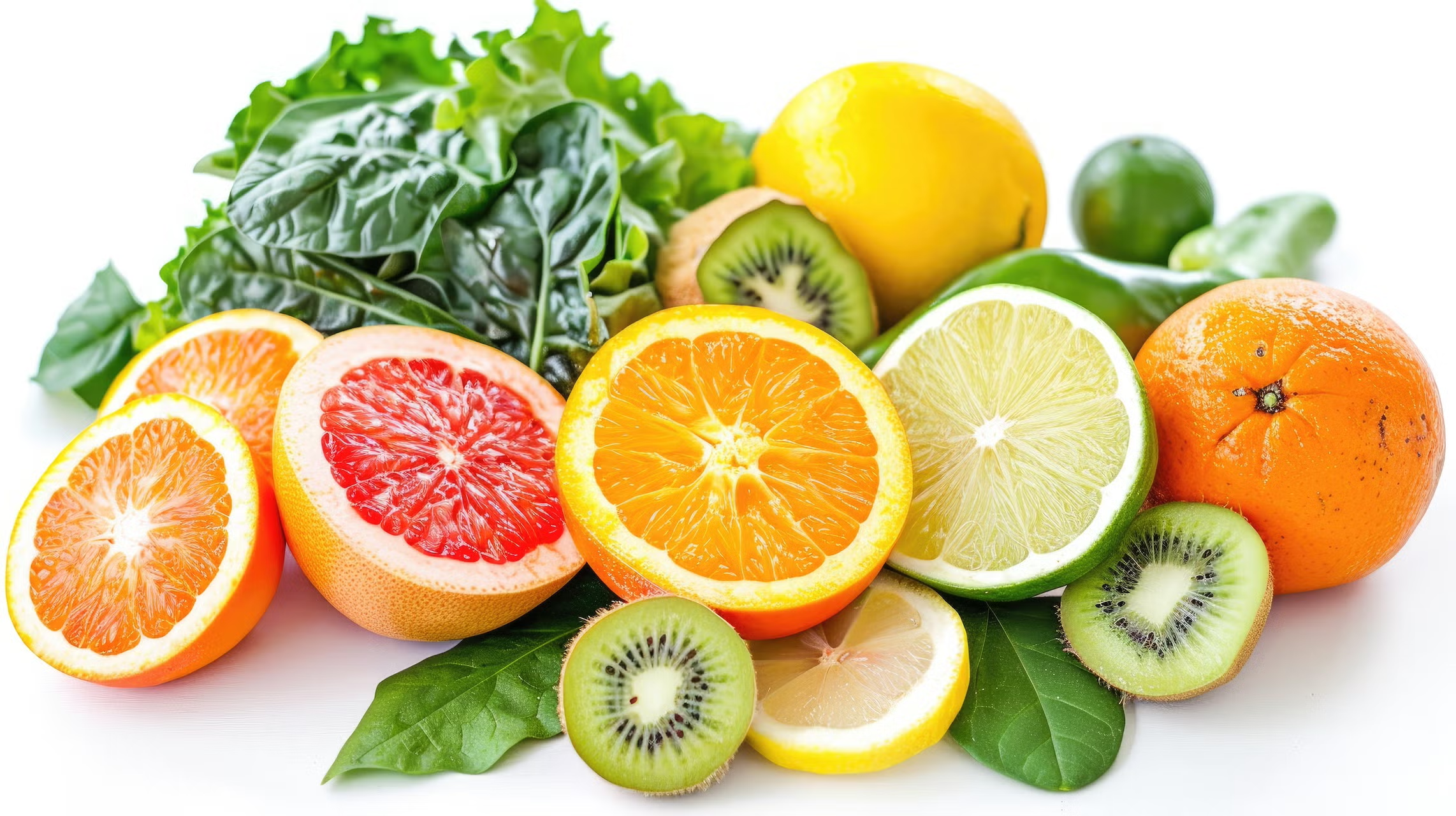How does chicken soup compare to beef stew for comfort food?
Comfort Food: Chicken Soup vs. Beef Stew Chicken soup typically contains around 250 calories, while beef stew can exceed 400 calories. Choosing chicken soup provides a lighter yet comforting meal,…
How should meat be cooked on a comfort-food diet?
Comfort-Food Diet: Cooking Meat for Cozy Meals A comfort-food diet emphasizes hearty, nostalgic meals. Cooking methods like slow-cooking, roasting, or frying are popular. In the USA, dishes like meatloaf or…
How does chicken soup compare to beef stew in terms of comfort and nutrition?
Comfort and Nutrition: Chicken Soup vs. Beef Stew Chicken soup is a comforting dish that is often lighter than beef stew. A bowl of chicken soup can have about 200…
How does chicken pho compare to beef pho for a comforting bowl?
Comforting Bowl: Chicken Pho vs. Beef Pho Chicken pho usually contains around 350 calories, while beef pho can exceed 500 calories. Choosing chicken pho offers a flavorful, lighter option for…
How do chicken dumplings compare to pork dumplings for a comforting dish?
Comforting Dish: Chicken Dumplings vs. Pork Dumplings Chicken dumplings usually contain around 150 calories each, while pork dumplings can be about 200 calories. Choosing chicken offers a lighter, comforting option…
How does chicken enchiladas compare to beef enchiladas for a comforting meal?
Comforting Meal: Chicken Enchiladas vs. Beef Enchiladas Chicken enchiladas typically contain around 350 calories, while beef enchiladas can exceed 500 calories. Choosing chicken enchiladas provides a lighter option while still…
What Are the Health Risks of Drinking Contaminated Tap Water Versus Bottled and Mineral Water?
Contaminated Tap Water Risks Drinking contaminated tap water can pose health risks such as gastrointestinal issues, exposure to harmful chemicals, or lead poisoning, depending on local water quality and treatment.…
How do chicken and beef differ in terms of cooking methods for health benefits?
Cooking Methods: Chicken vs. Beef The way meat is prepared can greatly affect its health benefits. Chicken is best cooked by grilling, baking, or steaming to retain its lean qualities…
How does cooking method affect the healthiness of chicken vs. beef?
Cooking Methods: Health Impact on Chicken and Beef The way chicken and beef are cooked can significantly influence their healthiness. Grilling or baking chicken helps retain its lean qualities, while…
Does the way you cook meat affect its health impact?
Cooking Methods and Meat: Health Impacts How you cook your meat can significantly impact its health effects. Grilling, baking, or broiling lean cuts of meat are healthier methods that preserve…






